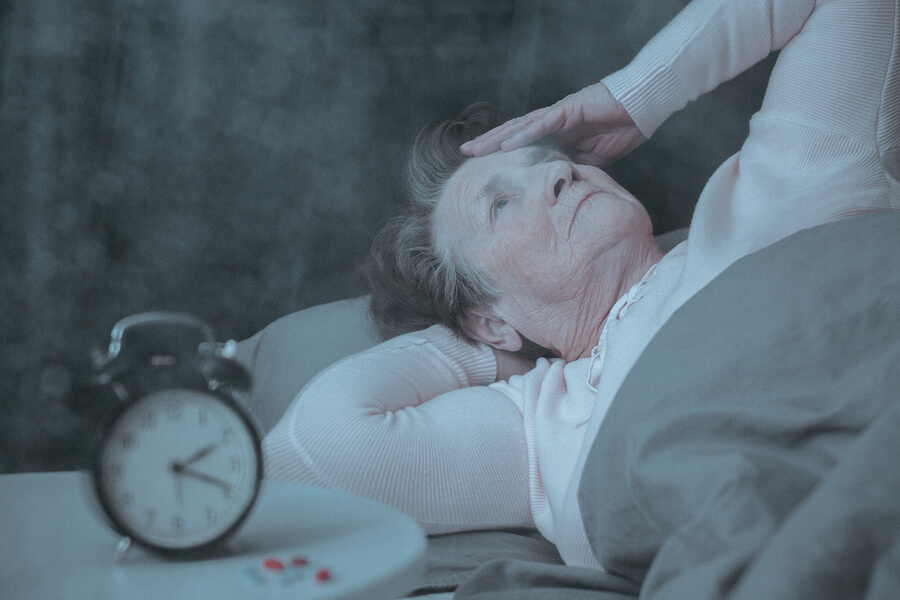Is Sleep Apnea Common in Elderly Adults?
One of the most common sleep disorders for adults is sleep apnea, and it is especially common in seniors over the age of 65. Sleep apnea (breathing troubles during sleep) may not seem like such a big deal to a person’s health and wellness, but it can lead to some serious health issues.

Home Care Services in Daphne AL: Sleep Apnea
All About Sleep Apnea in Seniors
Sleep apnea is when a person stops breathing during sleep for several seconds.
With sleep, the body relaxes, including the soft tissues in the throat and mouth. As the tissues go slack, they often close together and obstruct air from passing through. Sometimes the air gets forced through and vibrates the tissue, sometimes causing snoring. Other times, the body still tries to breathe but the airways are completely blocked.
When the apnea happens, it reduces the oxygen in the blood, causing stress to the body. As the person stirs, they gasp for air, bringing oxygen into the body once again. While it’s not unusual for most people to have one or two episodes a night, those with sleep apnea usually experience five or more episodes per hour. It’s hard for the elderly person to know this is happing—usually, a bed partner, family caregiver or elderly care provider notices symptoms.
Dangers of Sleep Apnea in Seniors
The repetitive pauses that seniors have during sleep are very harmful to the body. Because the oxygen delivery is constantly interrupted, the body stresses out. Short-term health issues include headaches, dry mouth, daytime sleepiness, lack of focus and mood swings. In the long-term, sleep apnea can lead to high blood pressure, weight gain, depression, cardiovascular problems, diabetes, stroke and early death.
Because many of the symptoms of sleep apnea go unnoticed in seniors or family caregivers and elderly care providers mistake them for other conditions, sleep apnea in the elderly often goes undiagnosed. It’s important for family caregivers and elderly care providers to pay attention to the specific signs of sleep apnea in aging adults so they can arrange for medical help.
Treating Sleep Apnea in Elderly Adults
The best thing for seniors with suspected sleep apnea to do is to see their doctor. They may conduct preliminary sleep tests or refer the elderly person to a local sleep specialist or sleep disorder clinic. After a proper diagnosis, treatments can really help restore the quality of sleep and eliminate the apnea.
For moderate to severe sleep apnea, doctors will recommend the aging adult use a Continuous Positive Airway Pressure, or CPAP. This machine includes a mask that fits over the senior’s nose and mouth, blowing air into the passages while they sleep. The elderly care provider can help them get set up before bedtime. Other ways to help sleep apnea include losing weight, quitting smoking, sleeping with the head elevated, sleeping with a humidifier and in extreme cases, surgery.
Family caregivers should certainly be aware of the symptoms of sleep apnea and share that information with others so they can determine whether their aging loved one may be suffering.
If you or someone you know needs Home Care Services in Daphne, AL, please contact the friendly caregivers at Hughes Home Care.
We provide quality and affordable care for your elderly loved ones in our community. Call Us Today 251-517-9901. Serving Mobile & Baldwin County.
- The Best Things Seniors Can Do To Avoid Skin Cancer - April 18, 2024
- Ways to Make Walking More Exciting - April 4, 2024
- What Causes Your Senior to Feel Fatigue? - March 22, 2024
